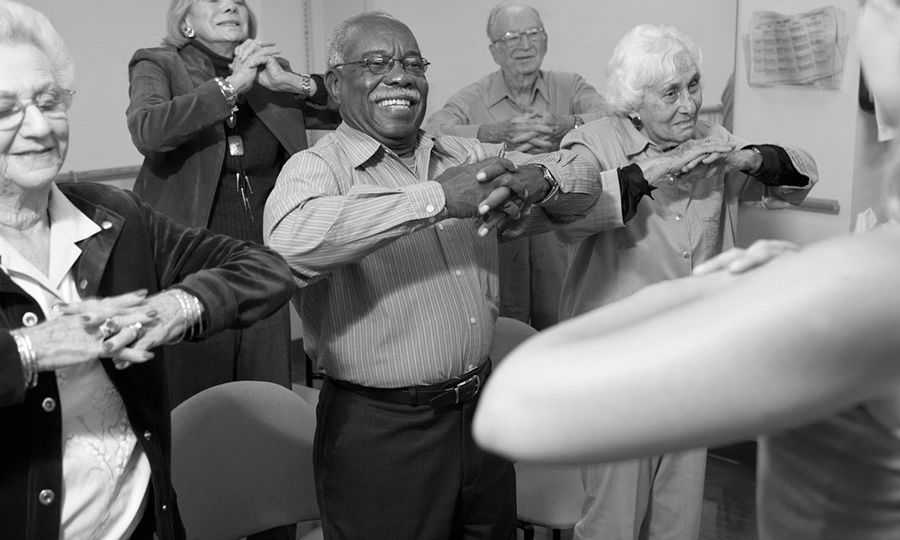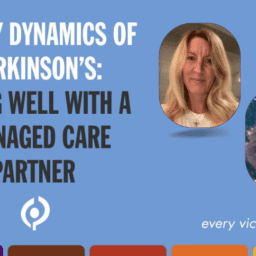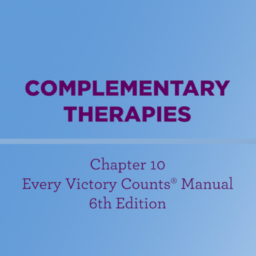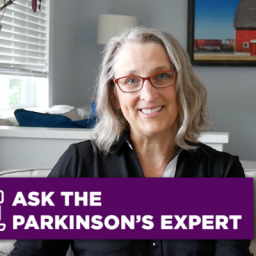It is important to see a speech language pathologist (SLP) with the right training and background to treat many of the common issues associated with Parkinson’s and speech.
Before you hire a SLP, take a few practical steps to ensure that you find someone who is a good fit for your specific concerns. The tips below will help ensure that you have a productive, successful experience with voice therapy.
Consult Your Care Team
A good place to start is by asking your Parkinson’s neurologist. Ask if he or she can recommend a SLP with Parkinson’s experience. Additionally, your physical therapist, occupational therapist or other healthcare provider might be able to make a recommendation.
Check with Your Support Group
Do you attend a Parkinson’s support group or exercise class? Do you have friends living with Parkinson’s? Many people appreciate referrals from others experiencing symptoms and situations similar to their own. Ask around to see if others in your circle of friends and acquaintances use a SLP and have had good experiences. Inquire what your friends like (or don’t like) about the SLP they’ve worked with.
Research Online
If your healthcare team does not have any recommendations and your personal network doesn’t yield any names, consider researching using the Internet. Search for specialized “speech-training programs for Parkinson’s”.
LSVT® LOUD is a well-established speech language pathology program for Parkinson’s. They have a “Clinician Finder” tool on their website that you can use to find SLPs who are certified in LSVT®LOUD near you. SPEAK OUT!® is a similar program from the Parkinson Voice Project in Texas, which also has a Clinician Finder tool that allows you to enter your ZIP code and find nearby SLPs who have gone through training to offer SPEAK OUT!®
SLPs who attend either of these programs will have additional expertise and training specific to speech and swallowing challenges that can come with Parkinson’s.
Ask Questions
Before selecting a SLP, be sure to ask questions about their experience working with people with Parkinson’s.
How many people with Parkinson’s have you worked with over the past year or two?
Ideally, the provider will work with at least 10 or more people with Parkinson’s each year. A clinician at a large Parkinson’s clinic is likely to work with dozens of people with Parkinson’s.
Do you currently have anyone on your caseload with Parkinson’s?
While the answer is hopefully yes, it might not be so if you live in a remote area. Clinicians working with people who have Parkinson’s typically continue to receive additional referrals from local doctors if they achieve good outcomes, so they will often have several individuals with Parkinson’s in their caseload.















[…] For more about how to find a speech language pathologist who knows how to work with people who have Parkinson’s, read “Amplify Your Voice: How to Find a Speech Language Pathologist for Parkinson’s.” […]
Thank you for highlighting the importance of SLP experience with Parkinson’s! As an SLP who specializes in PD, I have treated multiple clients who nearly gave up on Speech-Language treatment after receiving services that were not targeted towards their personalized concerns as related to PD. There is SO MUCH we can do in this area … real progress and change can be achieved. I love this specialty, and am inspired by my many friends and clients with PD.
Thank you, Michelle! And thanks for all you do to help people with Parkinson’s live well.
I’ve just finished the 4 week intense LSVT (LOUD) program.
I certainly feel it has helped my confidence in communicating. (My family/friends agree.)
Dale, happy to hear the LSVT LOUD program has helped boost your confidence!
My husband has had Parkinsons for 20 years. In the last five years his symptoms have increased dramatically, including his ability to communicate. He is also showing some signs of early dementia. As I can no longer understand his speech we enrolled in LSVT LOUD and found that it did not help him. He could NOT take what he learned in each session and use it outside the room. I would advse everyone with Parkinsons take the LOUD program BEFORE they lose the ability to speak clearly and before other things, like dementia, affect their ability to learn.
Thanks for sharing, Linda. Since Parkinson’s is progressive, it’s essential to develop your plan for wellness straight away. It’s important to seek all the programs that are available in your area for people with Parkinson’s and then decide which programs target certain symptoms. A lot of our community members find success by attending numerous classes of various kinds throughout the week, that way they are approaching their Parkinson’s from multiple angles.
Iwonder if they can guide a pt in Indian village or a town. The speech therapist in a big city might be busy they know there are some excersizes they can be made to practice by patient educated middle class teacher in . Thank you for helping this group